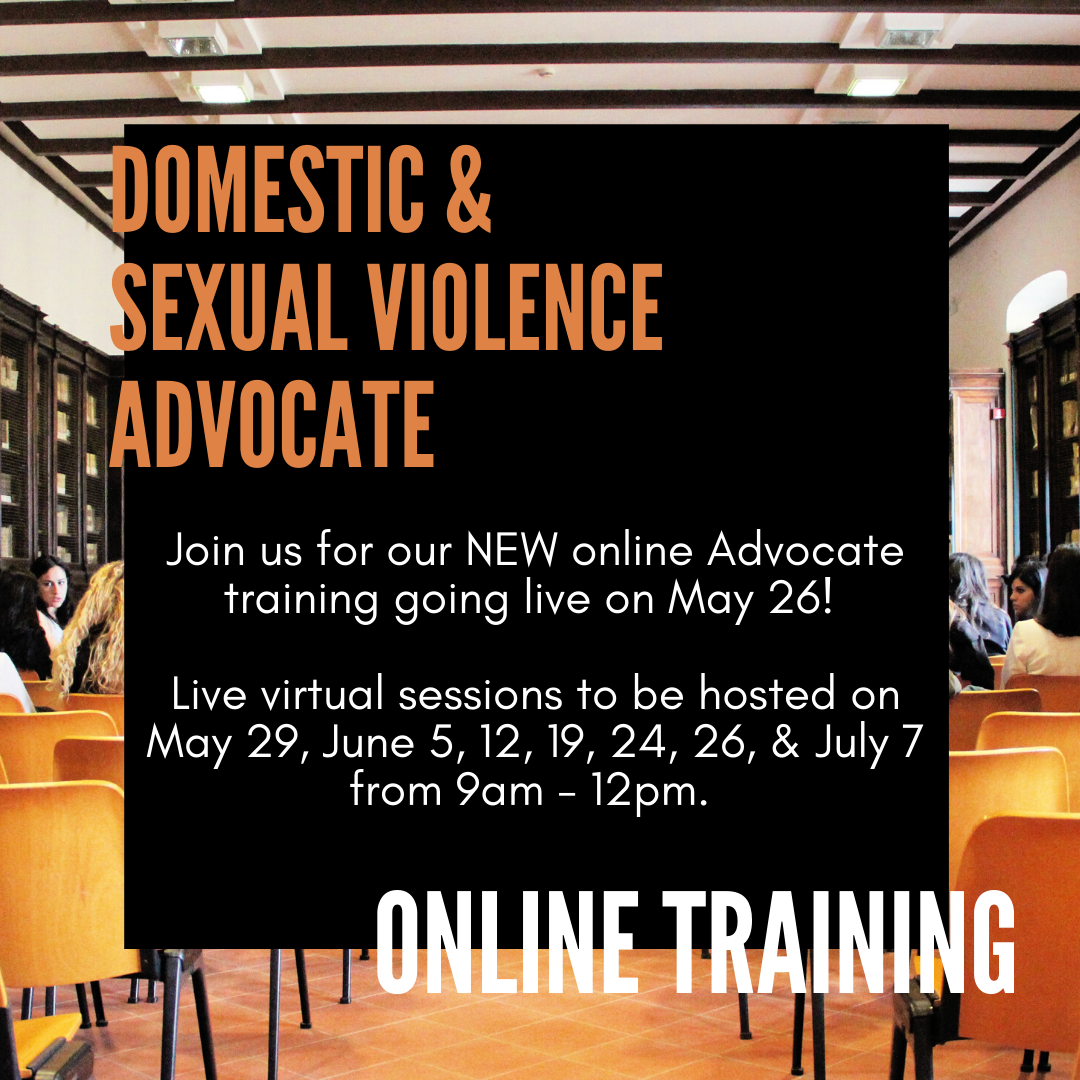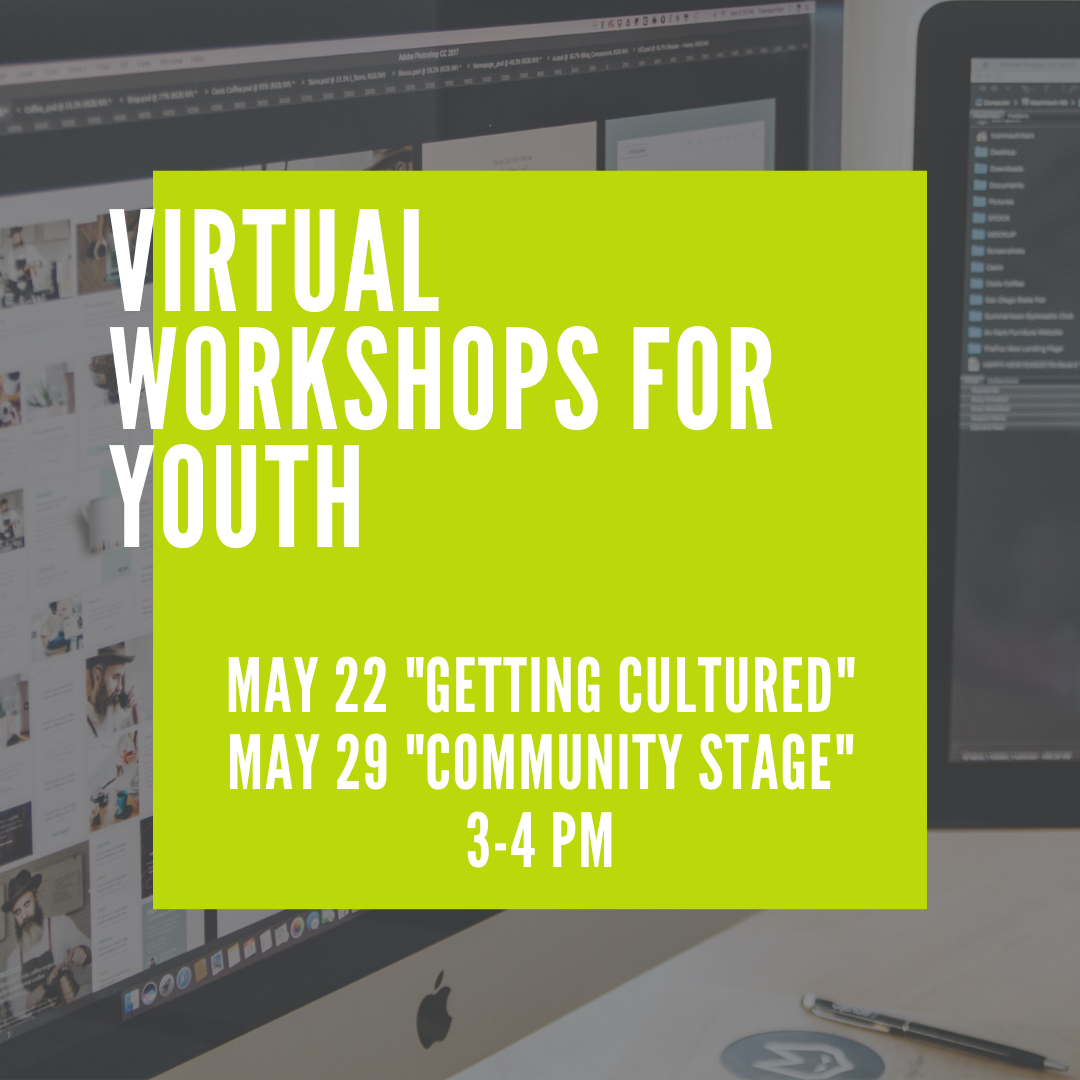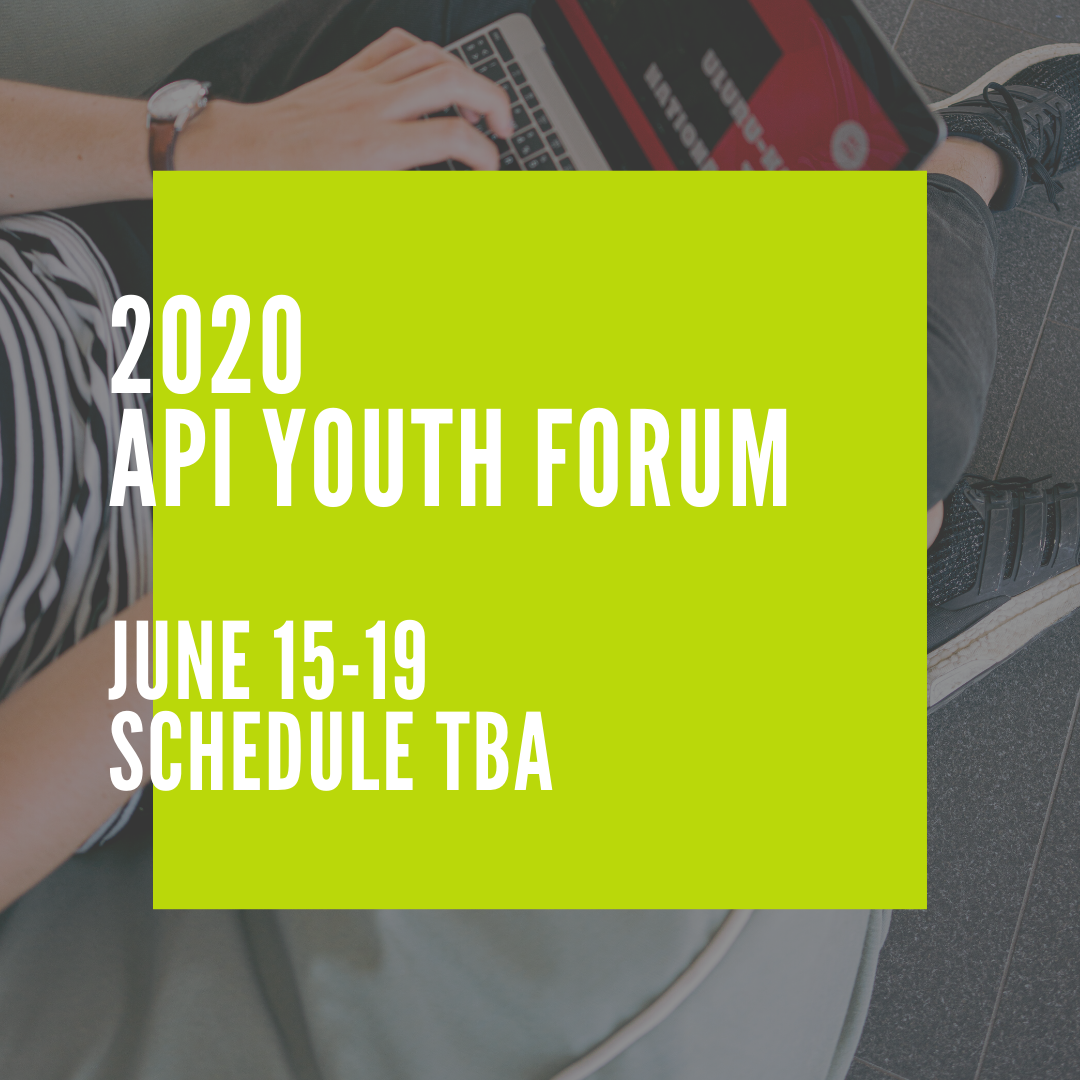May 2020 Updates
United Against Violence Newsletter
You don’t want to miss this month’s recap of What’s New with us, additional Resources for the community, and special Shout Outs to our supporters!
March and April were busy months for CPAF as we adjusted to Safer-At-Home policies and implemented new ways of going about our work in order to mitigate the impact of COVID-19 on our clients and communities. In case you missed it, we shared a public message about our response & operations here.
April is Sexual Assault Awareness Month (SAAM), and often brings activities and events that staff plan for well in advance. This year, of course, it looked quite different! Staff, youth leaders, volunteers, interns, and community members conducted entirely online advocacy and engagement, including:
Netflix Parties to watch and discuss films/tv shows with themes related to sexual assault/violence
A Jeopardy Challenge to test staff knowledge about sexual assault and
Youth-led Denim Day TikTok videos
Advocacy on behalf of API, immigrant survivors during the Town Hall on the State of Domestic and Sexual Violence in California
Sharing survivor poetry on Instagram
And much more!
You can read all about our activities in full in our SAAM recap here.
Being a recent immigrant myself, I found myself gravitating towards organizations that supported this community, and I was astounded by the level of cultural support that CPAF services offered. - Karina
We are excited to welcome new staff to the CPAF family—Samantha Cope, Karina Chuah, and Mahira Garcia!
And we’re still looking for more people to join us! Please also check out our current job openings:
Save these dates and get involved by joining us at our upcoming events for adults and youth!
These are unprecedented times, with many of us experiencing the hardship of isolation & physical distancing, a home that doesn’t always feel safe, business that isn’t coming in, unemployment, xenophobia & racism, and heightened anxiety. As you have partnered with us to provide much needed support, we too want to be a source of comfort and assistance to you. If you or someone you know is experiencing domestic or sexual violence please call our 24-hour, multilingual helpline: 1-800-339-3940. Each month we will include additional resources you or someone you know may find helpful as well.
Please find our first round-up of resources here, including information for immigrants, older adults, food, housing/tenant rights, and mental health services.
For parents quarantined with kids at home:
Sesame Street’s Caring for Each other videos, games, activities, & talking points
An NPR interview with Grover just for kids!
Tips for talking to your kids about COVID-19 from Child Mind Institute
Articles & resources on supporting children in the struggle against COVID-19 from embracerace.org
A robust list of screen-less activities as well as free educational videos featuring well-known museums & sites around the world from AACAP
Photo Credit: Sesame Workshop/NPR
Each year, CPAF provides internship opportunities in our shelter- and community-based programs. Our interns jump right in to support survivors of domestic and sexual violence—adults and children. They work with us to bring events and learning opportunities to the community, and step up with energy and openness to help wherever they can.
A very heartfelt THANK YOU to our 2019-2020 interns: Juliana, Lusine, Shelby, Deanna, Jeanne, Mary Natalie, Mahira, and Tatiana! We wish you all the best in your studies and your future endeavors, and are so grateful that you chose to work and learn with us this past year.
For a person experiencing domestic or sexual violence one of the most significant barriers they face in reaching out for help is a language barrier. CPAF seeks justice for all API, non-English speaking survivors by coordinating language access through interpretation and translation, and we could not do so without the dedication of our language access volunteers! Our volunteers interpret on phone calls, review documents, co-facilitate workshops, assist with outreach and MUCH MORE, all to ensure that no matter what language is spoken, callers can access our services. THANK YOU volunteers!
If you’re interested in learning more about our language access opportunities, check out our upcoming Decoding Language & Culture training or email volunteer@cpaf.info.














